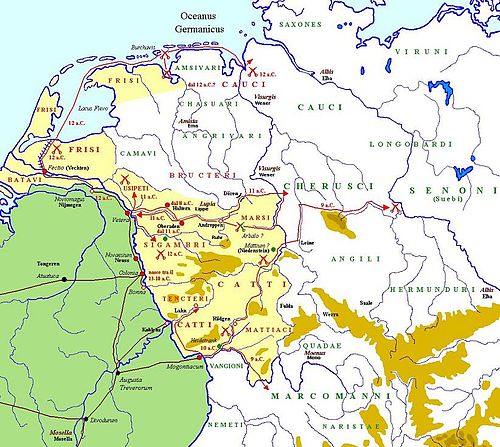Year 11 BC: A Snapshot of Historical Significance
The year 11 BC was notable in the timeline of the Julian calendar, recognized either as a common year commencing on a Monday or Tuesday, or as a leap year beginning on a Sunday, Monday, or Tuesday. In the context of the Proleptic Julian calendar, it was classified as a common year starting on Saturday. Historically, this year was acknowledged as the Year of the Consulship of Tubero and Maximus, or, less frequently, the year 743 Ab urbe condita. The designation 11 BC has been in use since the early medieval era, when the Anno Domini calendar system gained predominance in Europe.
Noteworthy Events
By Place
Roman Empire
- Quintus Aelius Tubero and Paullus Fabius Maximus serve as Roman Consuls.
- Battle of the Lupia River: Roman forces, led by Augustus’s stepson Nero Claudius Drusus, achieve a significant victory in Germania.
- Battle of Arbalo: Drusus’s troops successfully repel a Germanian ambush.
- In May, Drusus fortifies the Rhine frontier and establishes Roman fortresses near Bonn, Dorsten, Haltern, and Oberaden.
Notable Births
- Herod Agrippa, future king of Judea (d. AD 44).
Significant Deaths
- Octavia the Younger, sister of Augustus (b. 69 BC).
The year 11 BC remains a pivotal point in the annals of history, marked by crucial military victories and the notable births and deaths of significant figures in the Roman Empire and beyond.

